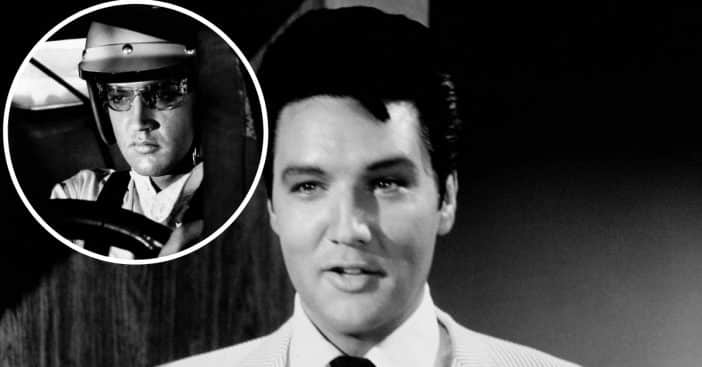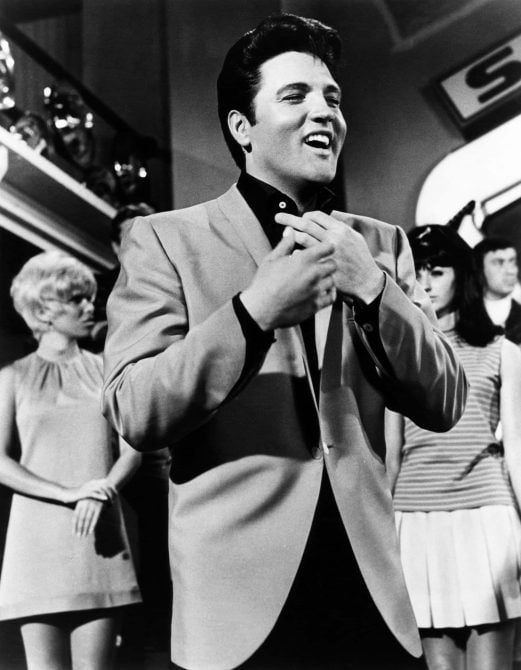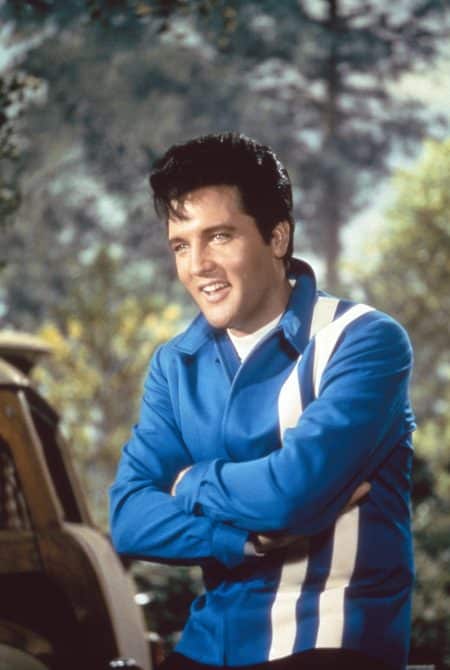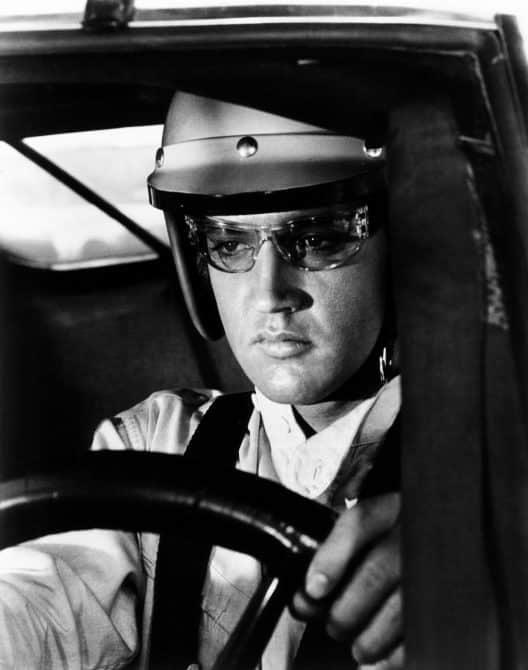
Beyond Elvis Presley’s electrifying music career, the late singer transitioned to acting and left an indelible mark with iconic films like Jailhouse Rock (1957), Blue Hawaii (1961), and Viva Las Vegas (1964), in which he showcased his undeniable charisma and versatility as an entertainer, captivating audiences with both his musical talents and his ability to command the cinematic spotlight.
However, despite Elvis’ theatrical success, one of his films caught the critical ire of the legendary Roger Ebert, who was regarded as one of the most influential movie critics of the time.
Roger Ebert gave Elvis Presley’s movie ‘Speedway’ a rating of 2 out of 10

In a contemporary review of Presley’s 1968 movie Speedway, Ebert delivered a rather stark verdict, granting it a mere two out of ten in his rating. The writer’s critique was rooted in his observation that the film failed to capture the intricate cultural backdrop of the ’60s authentically. This period was marked by significant social and political events — heightened violence, political instability, and notable civil rights advancements.
RELATED: This Big Elvis Presley Hit Did Not Peak On Billboard Hot 100 Because of Frankie Valli And The Four Seasons
“Speedway is pleasant, kind, polite, sweet, and noble,” Ebert wrote. “And if the late show viewers of 1988 will not discover from it what American society was like in the summer of 1968, at least they will discover what it was not like.”

Roger Ebert believed ‘Speedway’ was made to focus on car racing
Ebert further disclosed his thoughts about the motivation behind the film, conceding that the singer’s decision to center the film around car racing was strategically driven by the proven success of his previous movies, which often resonated strongly with audiences in the South.

Thus, Speedway was crafted with a deliberate aim to cater to the Southern market, capitalizing on Presley’s immense popularity in that region. “Viewers will also find a catalog of the recreations and material possessions prized in 1968,” the critic detailed, “Especially by Southerners.”
It should be noted that many of Elvis’ later movies were criticized for being put together solely for the purpose of creating soundtrack albums that would continue to capitalize on the King’s popularity.
